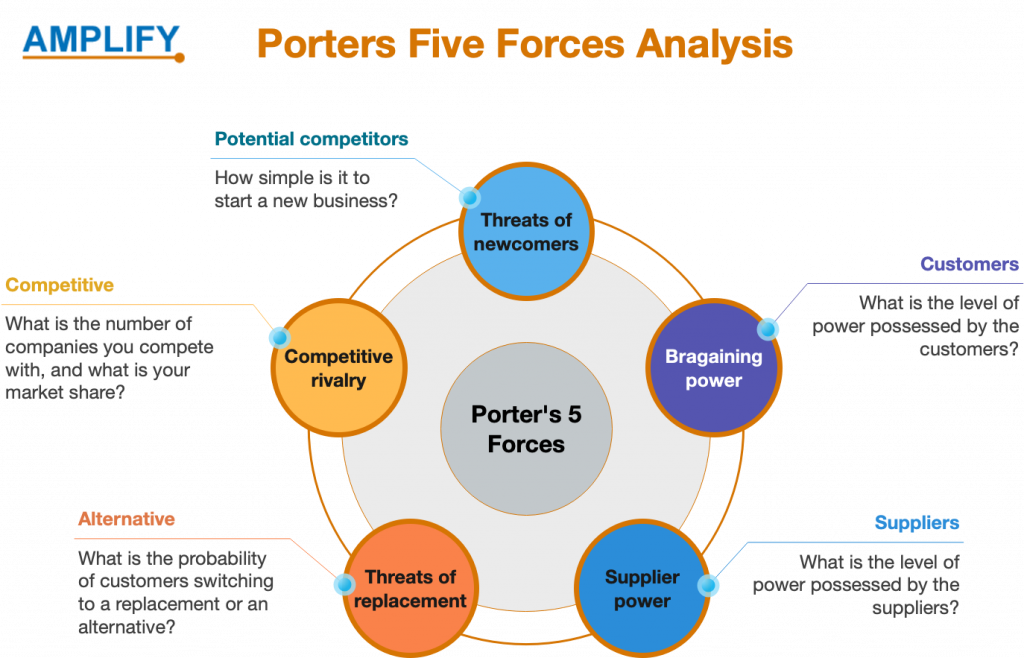The Genesis of Failure – Early Warning Signs in Startups
We have produced five articles discussing the reasons behind startup failures. Today’s article is titled ‘The Many Faces of Entrepreneurship’ focuses on Startup Failure Patterns strategies vital for thriving in a competitive business environment.

In the entrepreneurial world, the line between success and failure is often blurred by the glamour of startup culture. Yet, the harsh truth is that failure is far more common than the celebrated unicorn status. Understanding the early warning signs of entrepreneurial failure is critical for founders to navigate the treacherous waters of startup ventures.
The Many Faces of Entrepreneurship
Entrepreneurship is celebrated as the pursuit of innovation and economic opportunity. But what exactly defines an entrepreneur? Harvard Business School offers a nuanced definition: the pursuit of opportunity beyond the resources currently controlled. This perspective shifts the focus from company size and age to the essence of managing with innovation.
Redefining Failure in Startups
The term ‘failure’ often evokes the image of a business closing its doors, but the reality is far more complex. Entrepreneurial failure can manifest as an inability to deliver on early promises, stagnation, or even a founder’s realization that their sweat equity is unlikely to yield the expected returns.
The Spectrum of Startup Success
Success in the startup world is often tied to financial returns — a clear-cut measure of whether an investment was worth it. But this narrow focus can overshadow the multifaceted motivations behind starting a venture. These non-financial goals provide a broader view of what it means to succeed.
Deciphering the Reasons Behind Startup Failures
When a startup fails, it’s tempting to look for a single cause. Yet the reasons for failure are rarely so straightforward. A startup’s demise is often due to a combination of factors, including unforeseeable market shifts, technological advancements, and internal strategy execution.

Embracing Risk: The Entrepreneurial Gamble
Risk is the lifeblood of innovation, yet it can also be the undoing of many startups. Entrepreneurs must become adept at risk assessment, distinguishing between what is a surmountable obstacle and what could be a fatal flaw in their business model.
Strategy and Adaptability: The Startup’s Compass
The ability to pivot, to change course when the market demands it, is a crucial skill for entrepreneurs. This adaptability is the compass that guides startups through the tumultuous seas of innovation and competition.
Leadership: The Startup’s Beacon
Leadership in a startup is not just about making crucial decisions; it’s about inspiring a team, fostering a culture of innovation, and leading by example. The qualities of a leader are put to the test in the high-pressure environment of a startup.
Learning from Failure: The Startup’s Rite of Passage
Despite the best efforts of entrepreneurs, failure is a common outcome in the startup world. The reasons for failure are as diverse as the startups themselves, but common threads include a lack of market need, mismanagement of funds, and an inability to compete.
The Crucial Role of Resilience in Entrepreneurship
The startup ecosystem is a vibrant community where knowledge sharing and collaboration are key to collective growth. Entrepreneurs can learn immensely from each other’s experiences, successes, and failures.
Conclusion
The entrepreneurial journey is fraught with challenges, risks, and the ever-present shadow of failure. Yet, it is this very journey that breeds innovation, drives economic growth, and inspires the next generation of entrepreneurs.
Reflect on your startup’s approach to risk management, leadership, and strategy. Are you leveraging the right tools and frameworks to navigate the complexities of entrepreneurship? Reflect on these aspects to better prepare for the challenges ahead and increase your chances of success.



















